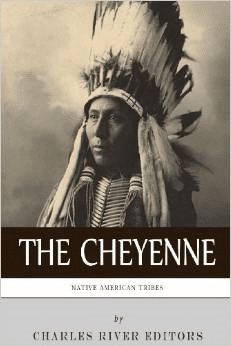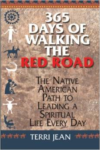Description
*Includes pictures of important people and places.
*Explains Cheyenne participation in the Battle of the Little Bighorn, Battle of Washita, and more.
*Includes a Bibliography for further reading.
From the “Trail of Tears” to Wounded Knee and Little Bighorn, the narrative of American history is incomplete without the inclusion of the Native Americans that lived on the continent before European settlers arrived in the 16th and 17th centuries.
Since the first contact between natives and settlers, tribes like the Sioux, Cherokee, and Navajo have both fascinated and perplexed outsiders with their history, language, and culture.
In Charles River Editors’ Native American Tribes series, readers can get caught up to speed on the history and culture of North America’s most famous native tribes in the time it takes to finish a commute, while learning interesting facts long forgotten or never known.
One of the most famous Native American tribes on the Great Plains is the Cheyenne, and their fame may be surpassed only by their influence on American history.
Having split off from other groups around the 16th-17th centuries, the Cheyenne shifted from a sedentary agricultural society to the kind of nomadic group many envision when thinking of groups on the Plains.
But it was land disputes and conflicts with white settlers and the Cheyenne that set in motion the chain of events that led to the most famous battle among Native Americans and the American government: the Battle of the Little Bighorn.
The United States sought to defuse tensions with natives during the westward push by drafting treaties regarding major pieces of land, often without understanding the complex structure of the various tribes, and subgroups within those tribes.
The Cheyenne were part of the Fort Laramie Treaty of 1851, along with the Sioux and other Plains groups, but violations of that treaty and violence led to increased conflicts, and the Cheyenne fought federal troops at battles like Washita River and Little Bighorn.
Ultimately, like so many of the other Plains tribes, the Cheyenne eventually were forced to relocate onto land set aside for reservations, but they’ve managed to preserve their culture and traditions.
Native American Tribes: The History and Culture of the Cheyenne comprehensively covers the culture and history of the famous group, profiling their origins, their history, and their lasting legacy.
Along with pictures of important people, places, and events, you will learn about the Cheyenne like you never have before, in no time at all.






Reviews
There are no reviews yet.